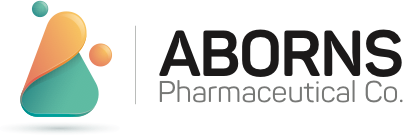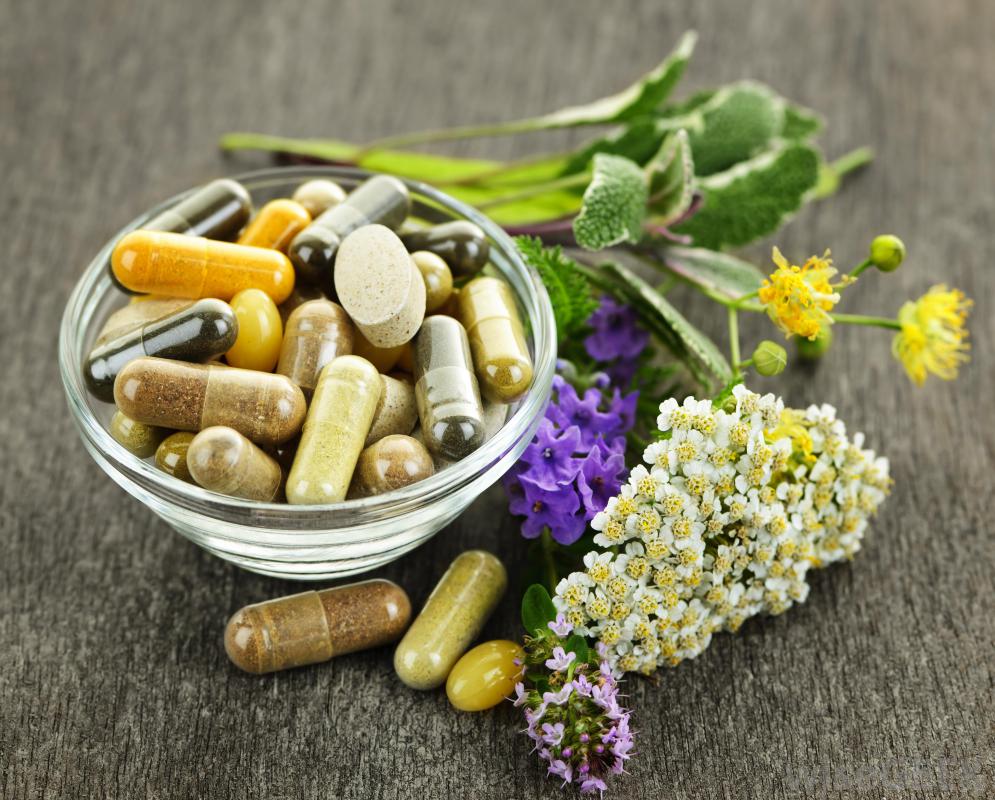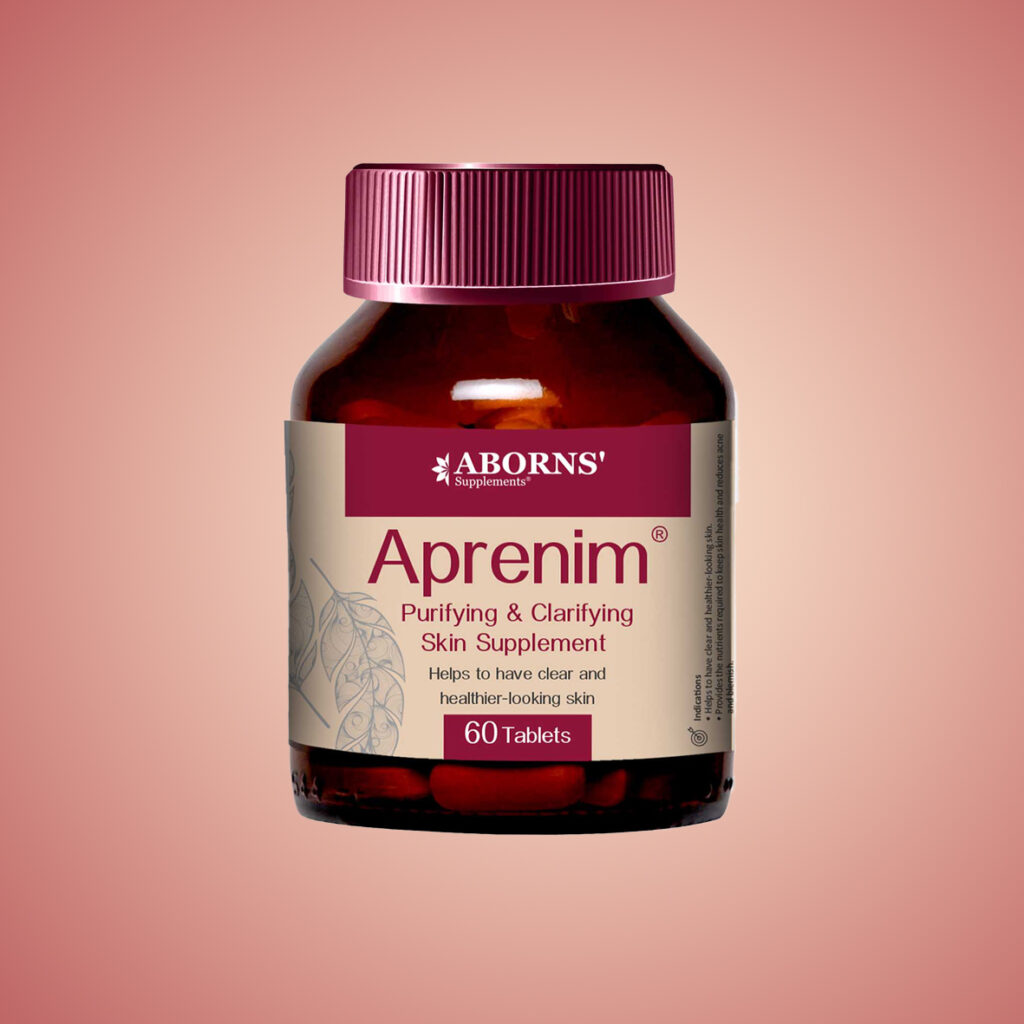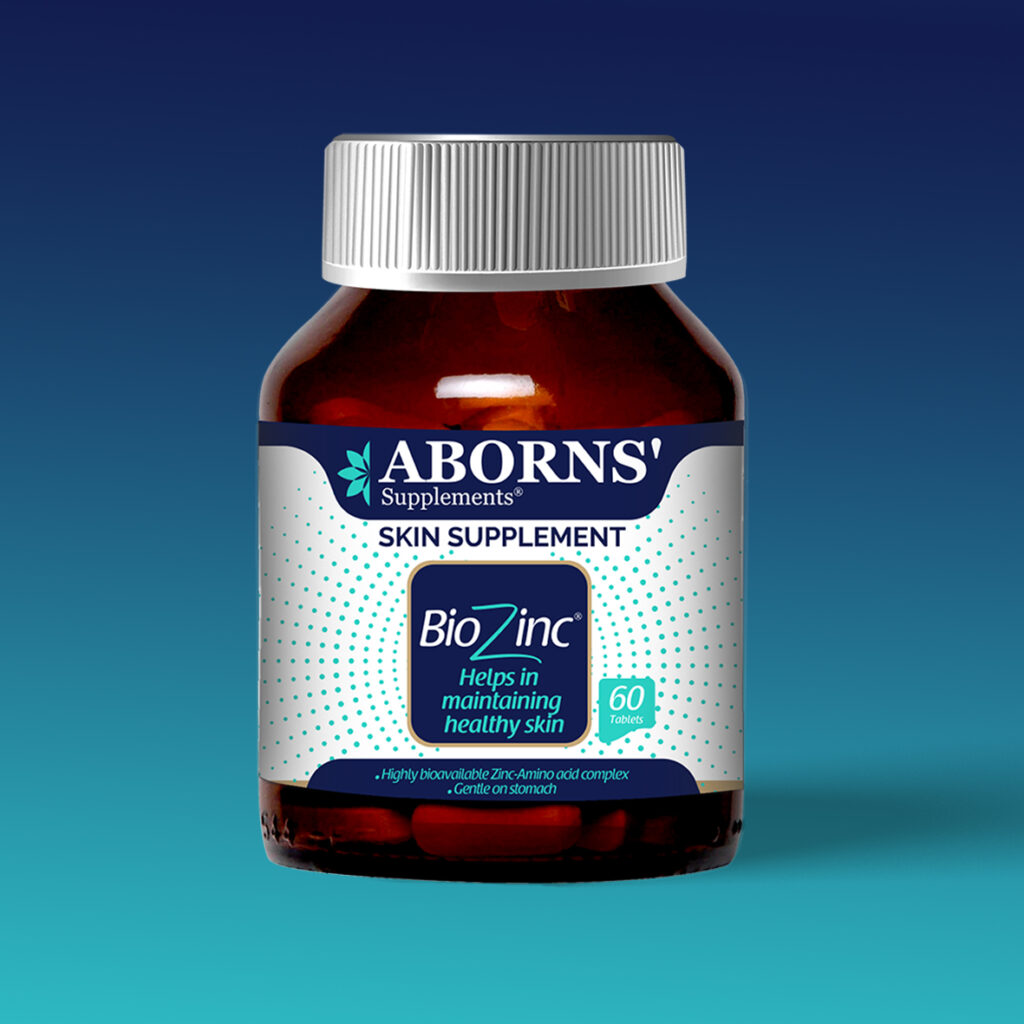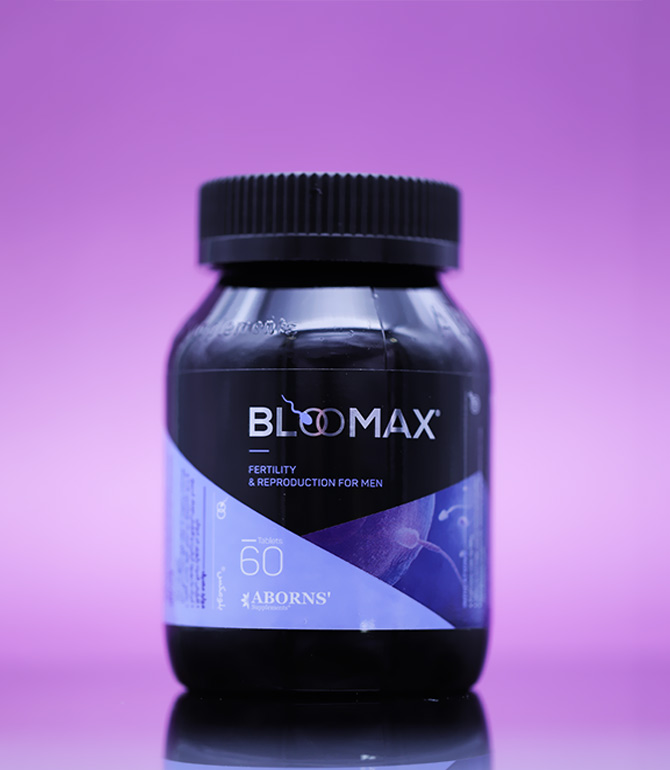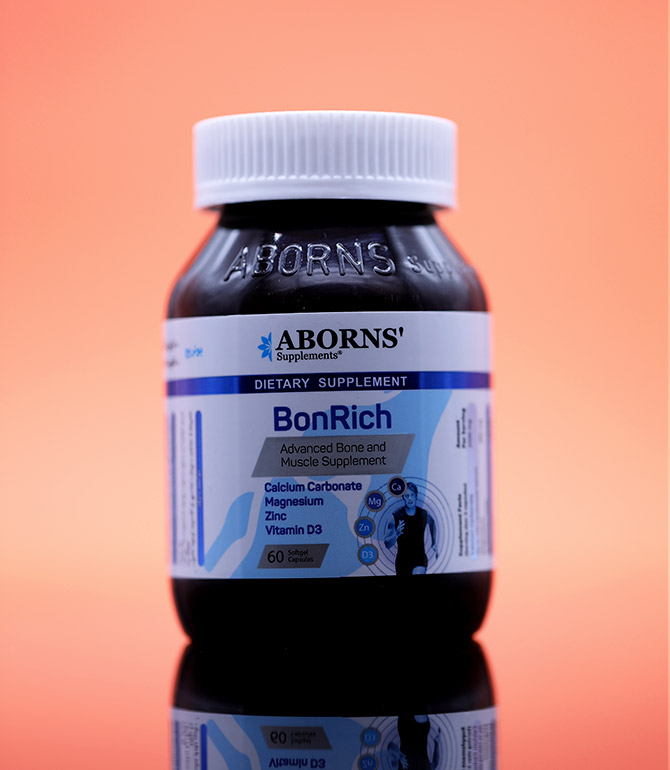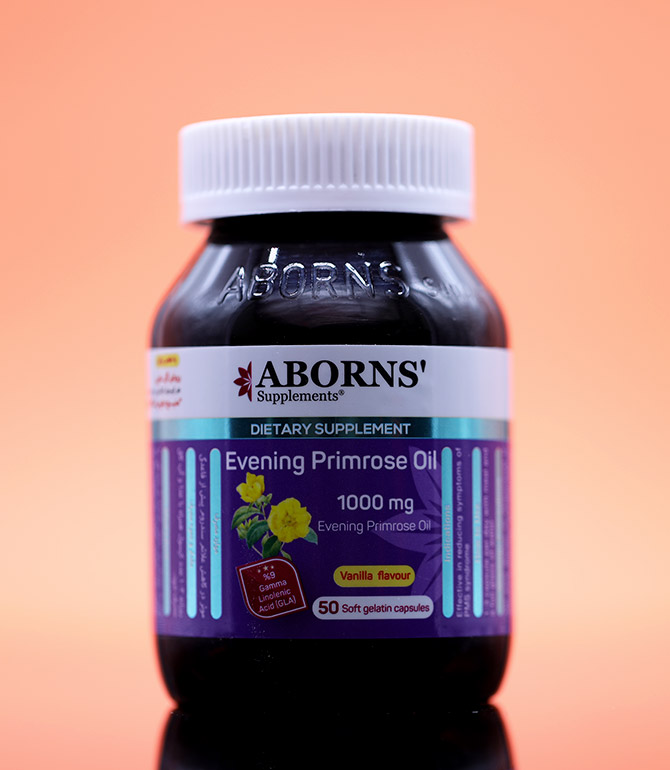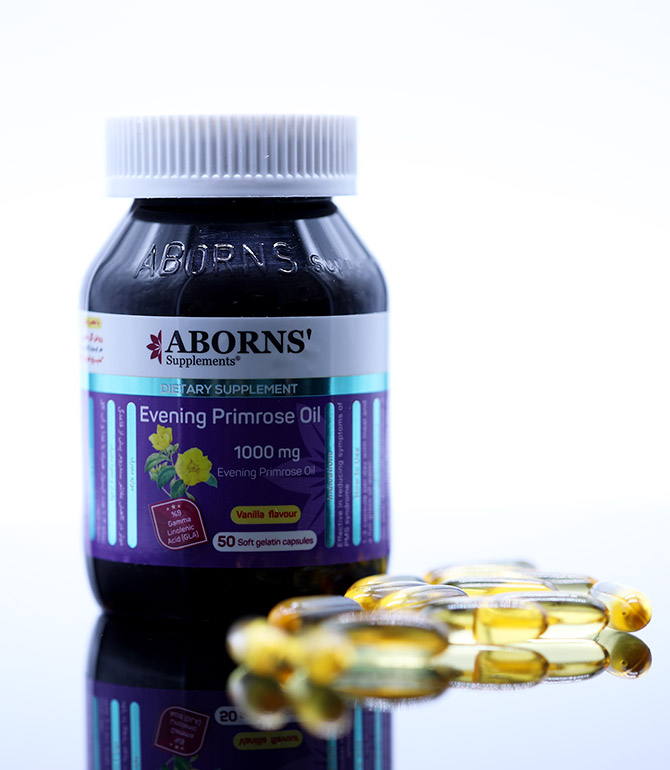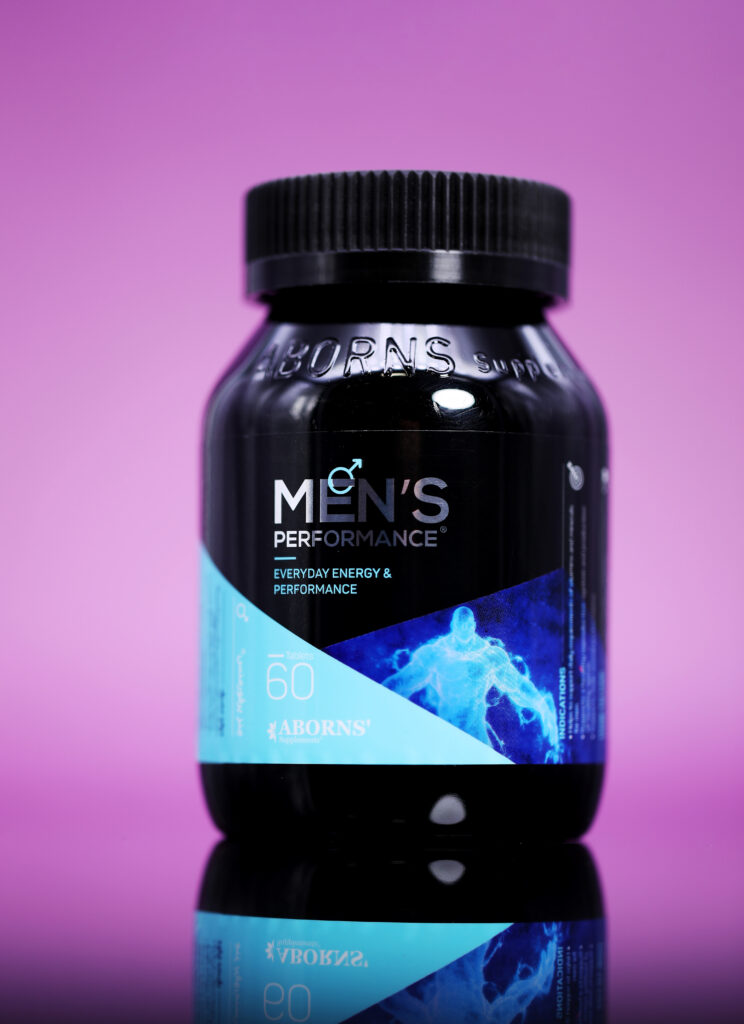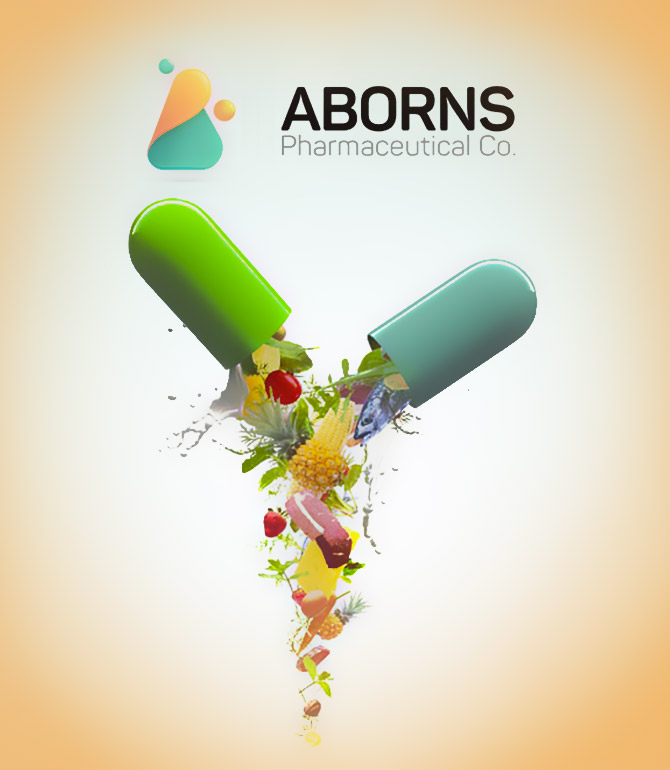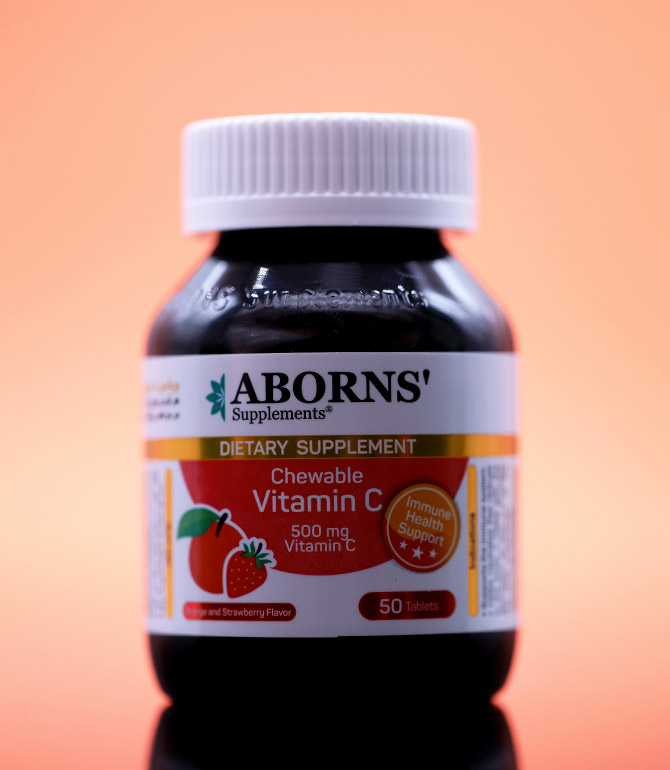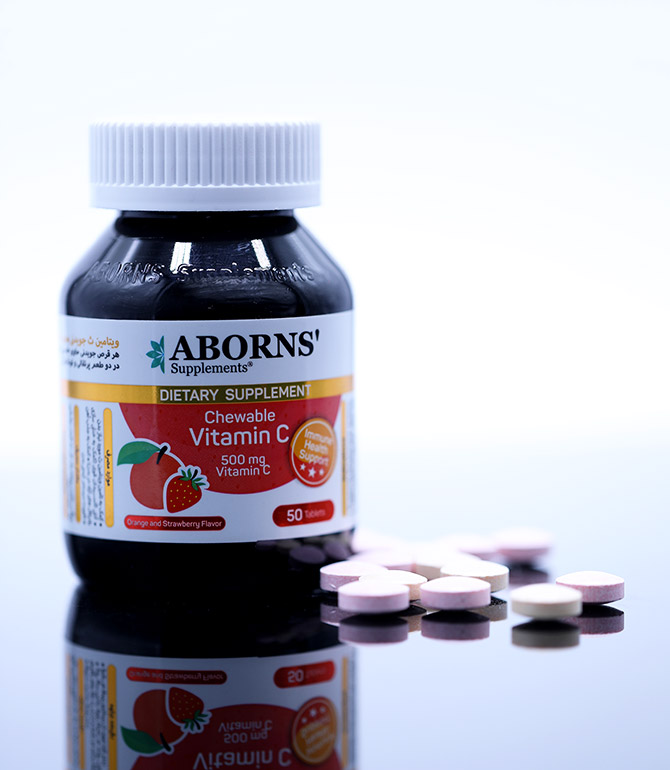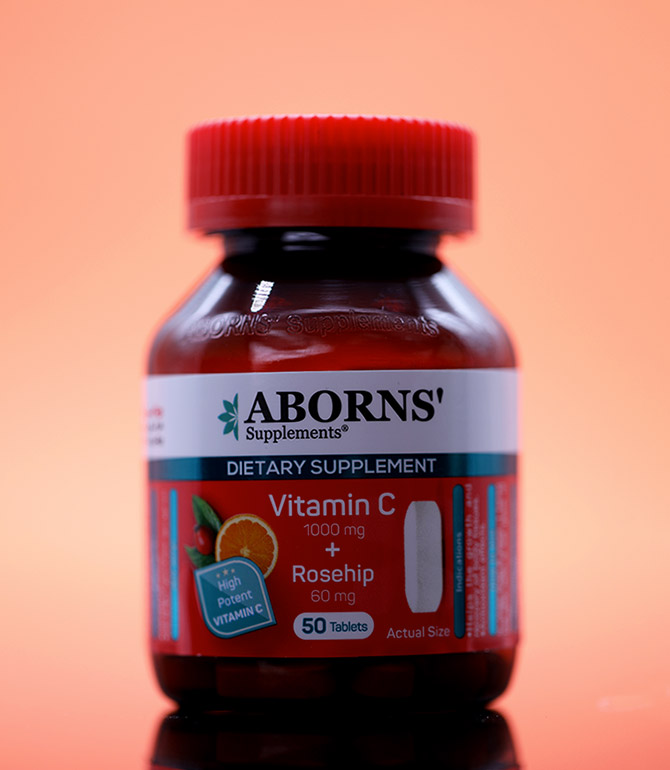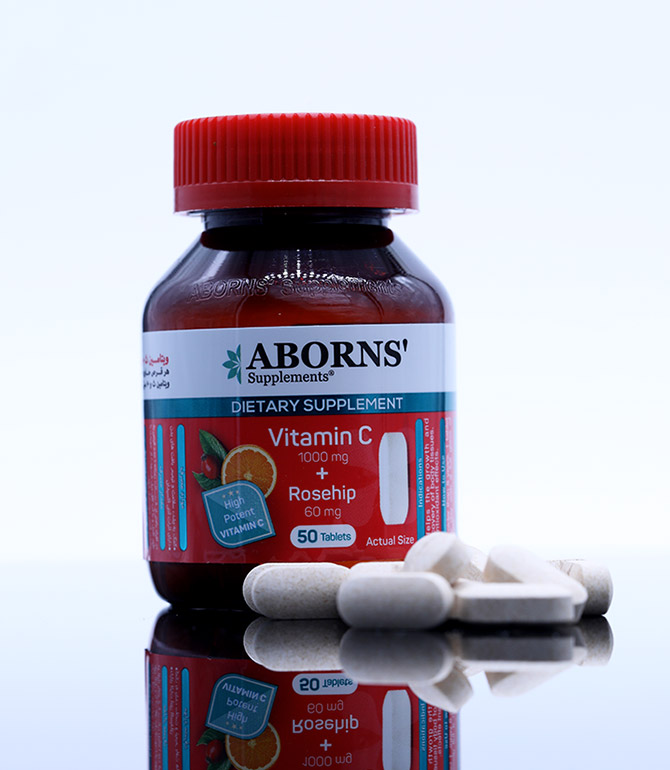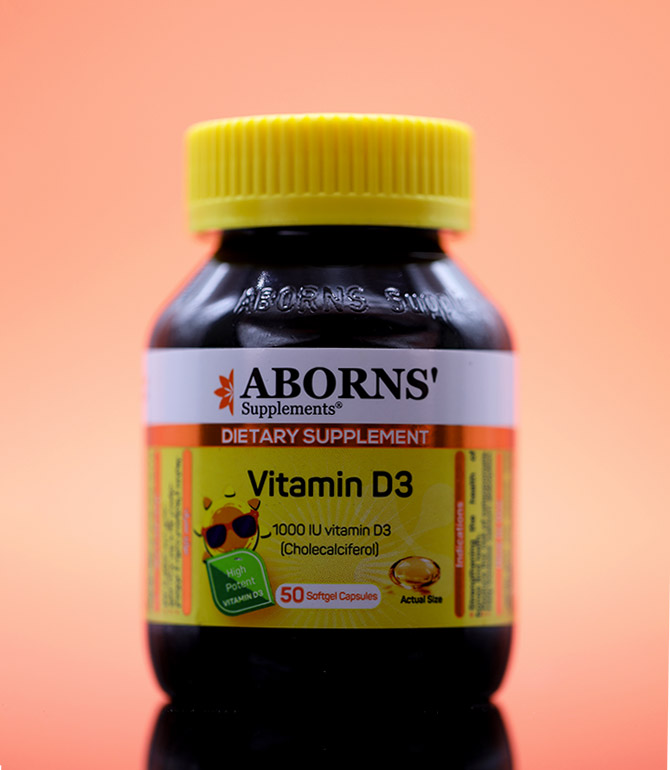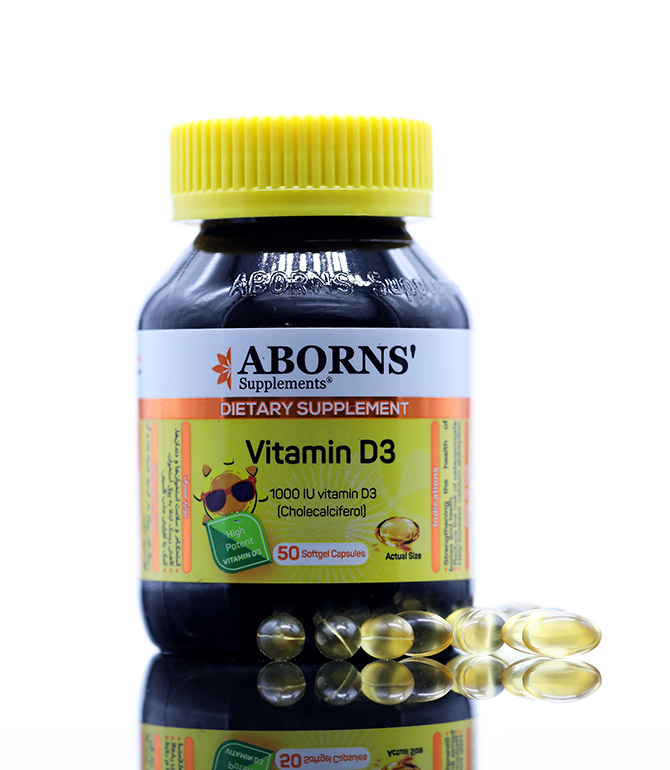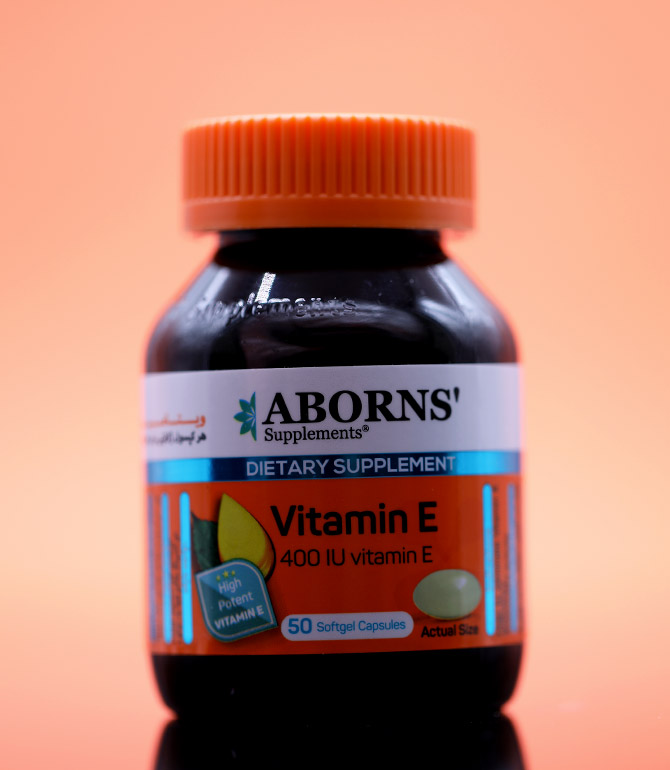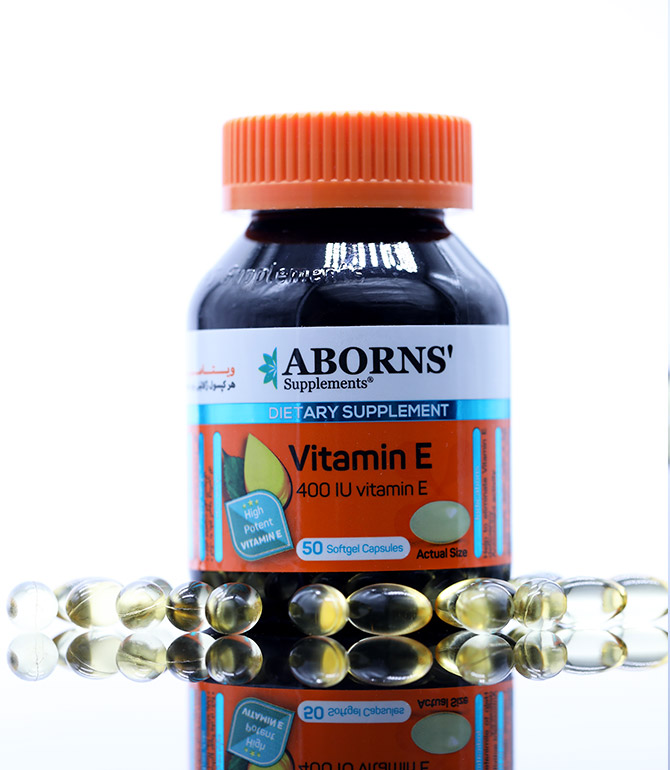Products made from botanicals, or plants, that are used to treat diseases or to maintain health are called herbal products, botanical products, or phytomedicines. A product made from plants and used solely for internal use is called an herbal supplement.
Many prescription drugs and over-the-counter medicines are also made from plant products, but these products contain only purified ingredients and are regulated by the FDA. Herbal supplements may contain entire plants or plant parts. Herbal supplements come in all forms: dried, chopped, powdered, capsule, or liquid, and can be used in various ways, including:
Many people believe that products labeled “natural” are always safe and good for them. This is not necessarily true. Herbal medicines do not have to go through the testing that drugs do. Some herbs, such as comfrey and ephedra, can cause serious harm. Some herbs can interact with prescription or over-the-counter medicines.
If you are thinking about using an herbal medicine, first get information on it from reliable sources. Make sure to tell your health care provider about any herbal medicines you are taking.
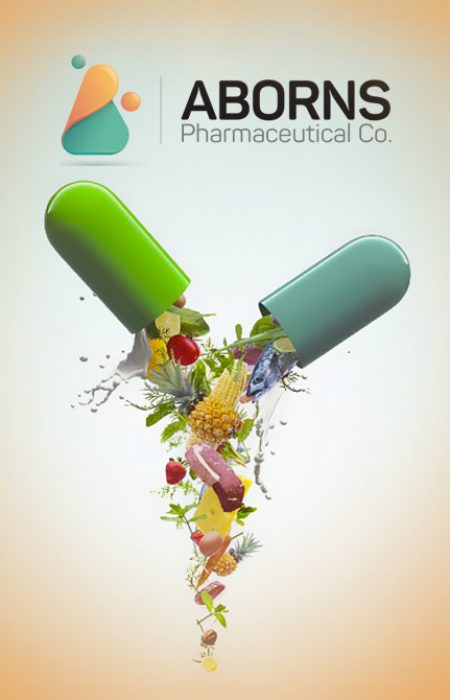
The practice of using herbal supplements dates back thousands of years. Today, the use of herbal supplements is common among American consumers. However, they are not for everyone. Because they are not subject to close scrutiny by the FDA, or other governing agencies, the use of herbal supplements remains controversial. It is best to consult your doctor about any symptoms or conditions you have and to discuss the use of herbal supplements.
